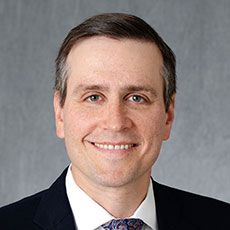
Long COVID, or post-acute sequelae of SARS-CoV2 infection, has been a hard-to-predict, concerning holdover of acute COVID-19. A research team led by Jonathan Silverberg, MD, PhD, MPH, professor of dermatology at the George Washington University School of Medicine and Health Sciences, however, has identified which acute symptom clusters may lead to long-term, chronic infection and which individuals most likely to develop Long COVID.
COVID-19 is marked by fatigue, muscle weakness, loss of taste and smell, headaches, digestive distress such as diarrhea and vomiting, cough, chest pain, shortness of breath, and needle-like pain in the extremities. More than half of all patients have reported experiencing chronic symptoms.
“Long COVID is on track to become a serious public health burden,” Silverberg said. “While research into symptoms is ongoing, there has been a gap in exploring chronic infection as a specific set of symptoms. Our research helps fill that gap. We also explored acute COVID-19 symptoms as potential predictors for Long COVID.”
The research team studied nearly 400 adults who tested positive for COVID-19. About a quarter of those subjects had at least one symptom that lasted an average of 11 months, and women were more likely to report chronic symptoms, namely fatigue and headaches, than men. Those with more severe acute COVID-19 (at least six symptoms of COVID-19) were also more likely to experience chronic symptoms. Overall, the most common symptoms were fatigue, changes in taste and smell, and joint or muscle aches.
“Our results showed that symptoms are key to understanding Long COVID. If you’re female, experience severe acute infection, or have higher anti-SARS-CoV-2 IgG levels, you may be more likely to develop Long COVID,” Silverberg said. “We hope these results will inform future research into the mechanisms of chronic COVID symptoms and developing ways to prevent and treat these conditions.”
The paper, “Predictors of chronic COVID-19 symptoms in a community-based cohort of adults,” appears in the August issue of PLOS ONE.


